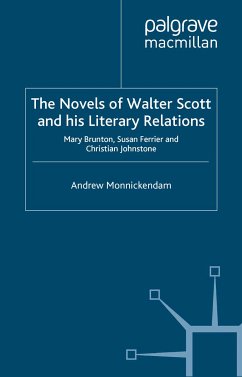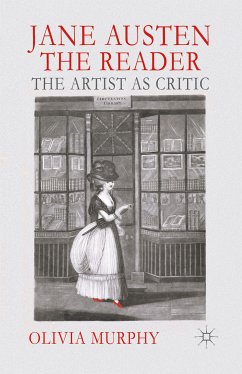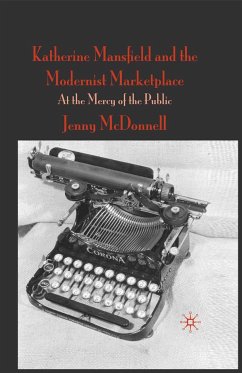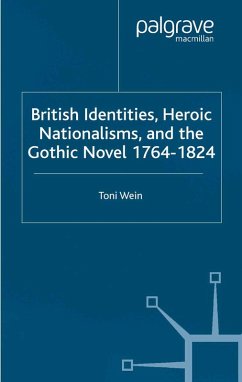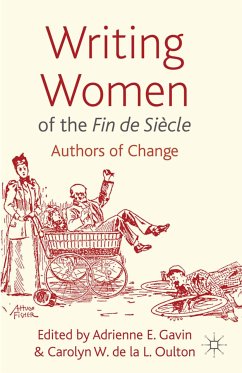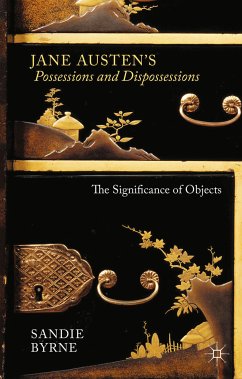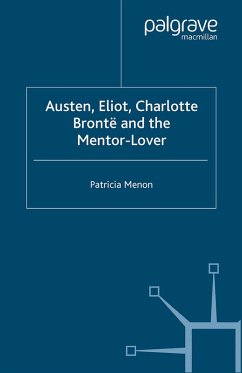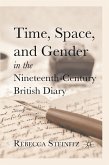Dieser Download kann aus rechtlichen Gründen nur mit Rechnungsadresse in A, B, BG, CY, CZ, D, DK, EW, E, FIN, F, GR, HR, H, IRL, I, LT, L, LR, M, NL, PL, P, R, S, SLO, SK ausgeliefert werden.
As we should expect from the first modern editor of Johnstone's Clan-Albin the author deals expertly with the contradictions which characterize her work and, by exploring her overtly radical political agenda, is able to expose how the maintenance of Christian fortitude in both Brunton and Ferrier may in fact complement elements of a proto-feminist sensibility. This in turn bears on the discussion of the re-structuring of models of masculinity in the period and the treatment of military and 'manly' courage and the rendering of female desire manifest not only in Scott's 'heroic romance', but more widely in European fiction.' - Simon Edwards, Principle Lecturer in English Literature, University of Roehampton, London
'Monnickendam takes us beyond Scott and Hogg with a refreshingly important reclamation of women's writing andits importance to the national tale in Scotland.' Murray Pittock, Bradley Professor of English Literature, University of Glasgow, UK

